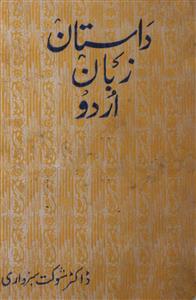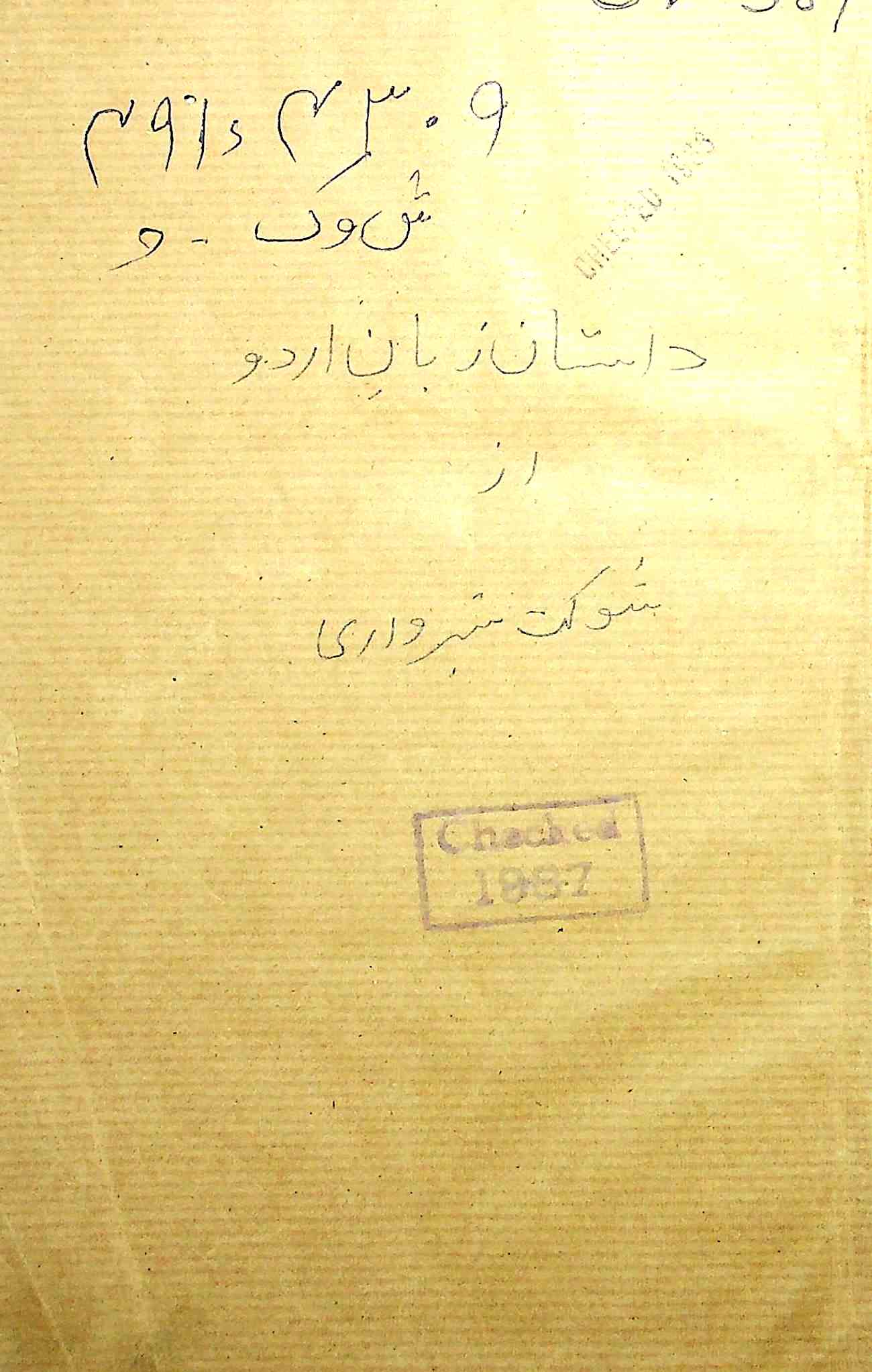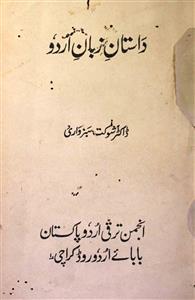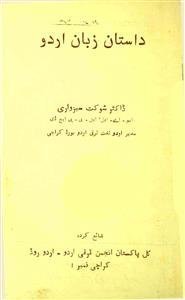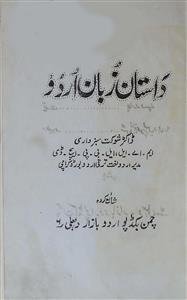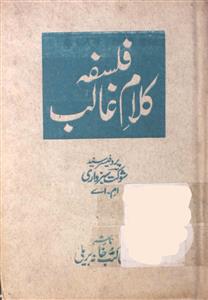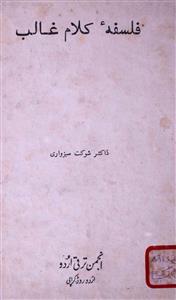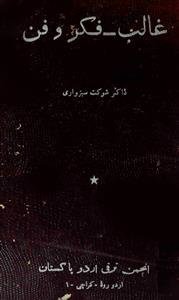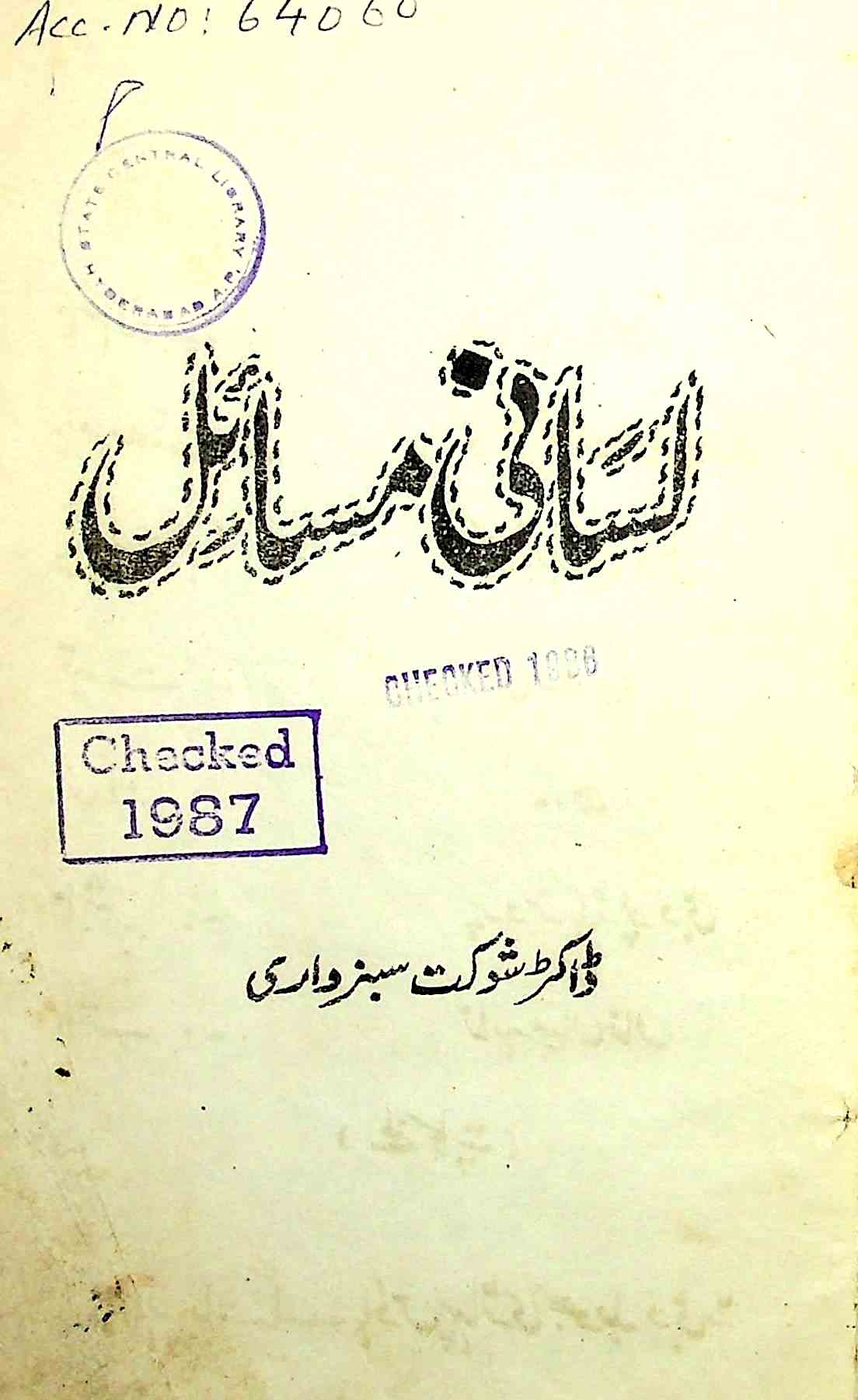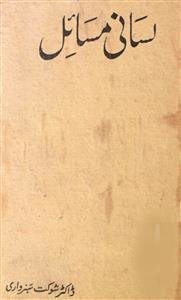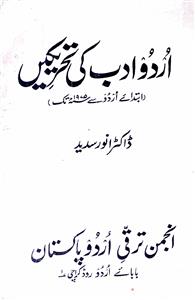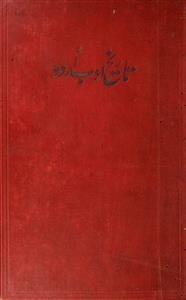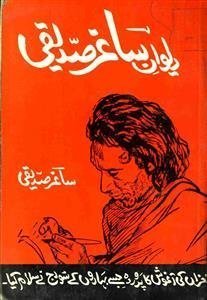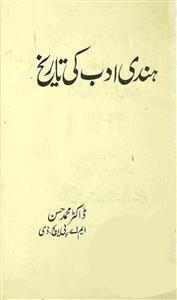 For any query/comment related to this ebook, please contact us at haidar.ali@rekhta.org
For any query/comment related to this ebook, please contact us at haidar.ali@rekhta.org
About The Author
Shaukat Sabzwari's real name was Shaukat Ali, he was born to Syed Asad Ali who had eight children. Shaukat was the youngest. His predecessors came to India from Mashhad during the Mughal period and settled in Mirzapur, a place in Bulandshahr district. According to Malik Ram, Shaukat was born in 1905 or 1906.
Shaukat was not educated properly at the beginning. When he was only eight years old, his elder brother died. Now, at that age, he turned to reading the Qur'an and also became interested in reading Urdu. Initially, he wanted someone to teach him the Quran and teach him Urdu. He started learning from a teacher. Thus, he completed the Qur'an and imbibed a bit of Urdu as well. Maulvi Sahib of a mosque sent him to Madrasa Imdadul Uloom, Meerut at the request of his father. There were many respected teachers who Shaukat took full advantage of. Maulana Akhtar Shah polished his taste in Persian and Arabic. In 1927, Shaukat took to learning English. However, his father was against English education. He still continued and earned a certification. He passed the examinations from Inter to MA in private. His subject in MA was Persian. He also did his MA in Arabic from Calcutta University. He also got a certificate of law. After that he did an MA (Urdu) from Agra University. He first worked in the Persian department of Islamia Intercollege Bareilly and then was appointed for the second year as well. After intercollegiate, he joined the Persian department of Meerut College.
His first article was "Falsafa-e-Kalam-e-Ghalib" which was published in 1946. fter the partition of India, he moved to Dhaka at the behest of Andalib Shadani and became the head of the Urdu department at the university there. From here he also took a degree in Urdu linguistics.
Shaukat Sabzwari first took to writing fiction. His first novel was published in "Adabi Dunya". Then he started writing in "Nigar" and "Maarif". But so far, his book Falsafa-e-Kalam-e-Ghalib was not yet published. After his publication in 1946, his fame began to spread and his attachment, passion and keen interest in linguistics came to the fore when "Urdu Zaban Ka Irtiqa" was published. The book was published in 1956 in Dhaka. As such, it is a doctoral dissertation, but the way in which linguistic discussions have emerged is extremely important. For his remarkable work in the field of linguistics, he was conferred the “Daudab Inam”. He also later published a collection of essays in “Ghalib: Fikr-o-Fann’”. And continued to contribute to Urdu literature and language till March 19, 1973, when he passed away in Karachi. He was laid to rest at the Altaf Nagar Cemetery.
 For any query/comment related to this ebook, please contact us at haidar.ali@rekhta.org
For any query/comment related to this ebook, please contact us at haidar.ali@rekhta.org

